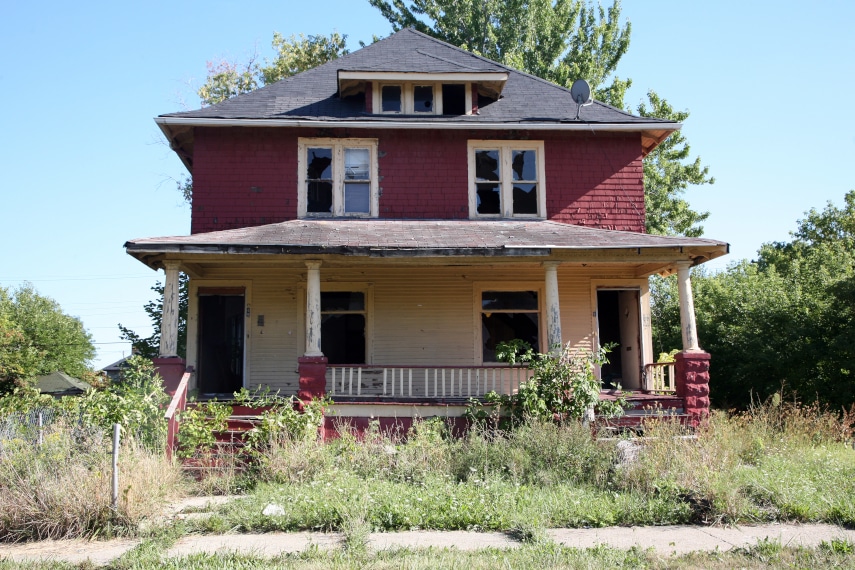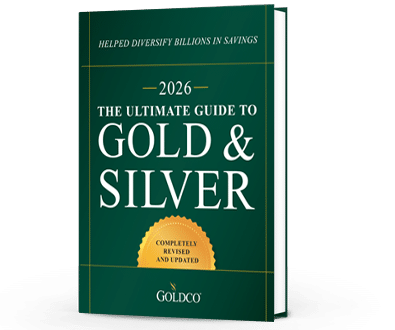3 Things That You Should Know About Inflation
Only a few short years ago, the United States experienced the highest inflation rates in over 40 years as inflation rates peaked at over 9% That was a wake up call for many Americans who had been...
Economy

As the 2008 financial crisis continues to move to the backs of our minds, and as the current coronavirus kerfuffle becomes all-consuming, many people seem to have lost their awareness of just how weak the US economy was before all the government lockdowns. The economy was already on the verge of recession, with weakness in all sectors and massive bubbles in stock and bond markets. But due to coronavirus, the impact and effects of that recession will likely be sharpened, and they may affect areas of the economy that many didn’t expect.
One of those areas is the housing market, which was the epicenter of the 2008 crisis. Years of easy money and government policies encouraging home ownership had resulted in trillions of dollars of mortgages being issued to people who had no way to pay them back. Those mortgages were then securitized, packaged, rated, and sold to investors. Many of those securities were given AAA ratings, even when the mortgages underlying them were extremely risky. It’s no surprise, then, that the mortgage market was at the center of the 2008 crisis.
But despite housing no longer being the driving factor in the current economic crisis, the impact on the housing sector could end up being larger this time around than in 2008. Back then, about 10% of mortgages ended up delinquent. Right now we’re at 7.5%, and many analysts are expecting that to rise to at least 15%, far exceeding the impact of the Great Recession. The worst case scenario could see up to 30% of homeowners not paying their mortgages, a figure triple that of 2008 and one that would illustrate just how bad the current crisis is.
Just imagine a scenario in which nearly a third of homeowners couldn’t or wouldn’t pay their mortgages. With so many people out of work and not likely to regain their jobs, that isn’t a far-fetched scenario. The knock-on effects would be enormous, as banks and other lenders would struggle with so many loans going unpaid. The prospect of major banks going bankrupt couldn’t be ruled out, unless the Fed were to start printing money even faster than it is already, dramatically raising the risk of out of control inflation.
This isn’t fearmongering, this is reality, and this will occur quicker than any of us realize it. If you haven’t already taken steps to protect your wealth against this economic crisis, there’s not much time left. It will be particularly important to protect your retirement savings, as unless you protect them, you can kiss your dreams of retirement goodbye.
Many investors have learned about the benefits of investing in gold and precious metals, and have taken advantage of the opportunity to invest in gold. If you haven’t already invested in gold, now’s the time to start learning more about gold. During the aftermath of the 2008 crisis, gold nearly tripled in price. And with another crisis bearing down on us, gold is set for some amazing price growth.
With a gold IRA, you can even roll over existing retirement savings from a 401(k), IRA, or similar retirement account into an IRA that invests in gold. You get the same tax advantages as with a normal IRA, only now you can invest in physical gold coins or bars, benefiting from the stability and security that gold offers. If you’re worried about the risks to your retirement investment portfolio, contact Goldco today to find out how you can make gold a key part of protecting your investments.

